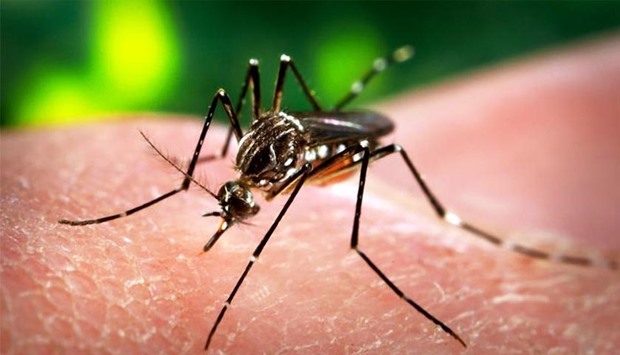Mexico has confirmed 11 pregnant women are infected with the Zika virus, out of a total of 121 cases, the government said on Monday.
Most of the cases were identified in the southern Mexican states of Chiapas and Oaxaca, according to a health ministry report.
Eight of the pregnant women are from Chiapas, two are from Oaxaca, and one is from the Gulf coast state of Veracruz, the health ministry reported.
The number of cases of infected pregnant women has risen since mid-February, when the health ministry said there were 80 confirmed cases of Zika, including six cases of pregnant women with the virus.
Much remains unknown about Zika, including whether the virus actually causes microcephaly, a condition marked by unusually small heads that can result in developmental problems.
Brazil said it has confirmed more than 580 cases of microcephaly, and considers most of them to be related to Zika infections in the mothers. Brazil is investigating more than 4,100 additional suspected cases of microcephaly.
Zika ‘increases risk of rare neurological illness’
French scientists say they have proved a link between the Zika virus and a nerve syndrome called Guillain-Barre, suggesting countries hit by the Zika epidemic will see a rise in cases of the serious neurological condition, Reuters reports from London.
Guillain-Barre (GBS) is a rare syndrome in which the body's immune system attacks part of the nervous system. It usually occurs a few days after exposure to a virus, bacteria or parasite.
In a retrospective study analysing data from a Zika outbreak in French Polynesia during 2013 and 2014, researchers led by Arnaud Fontanet of France's Institut Pasteur calculated the estimated risk of developing Guillain-Barre Syndrome (GBS) at 2.4 for every 10,000 people infected by Zika.
"This work is significant because it allows for the confirmation of the role of Zika virus infection in the occurrences of the severe neurological complications that constitute Guillain-Barré Syndrome," said Fontanet, Pasteur's head of the emerging diseases epidemiology.
"The regions which are affected by the Zika virus epidemic are likely to see a significant increase in the number of patients with serious neurological complications, and when possible, should increase the capacity of health-care facilities to receive patients needing intensive care."
The World Health Organization (WHO) has declared an outbreak of the mosquito-borne Zika virus spreading from Brazil an international health emergency.

